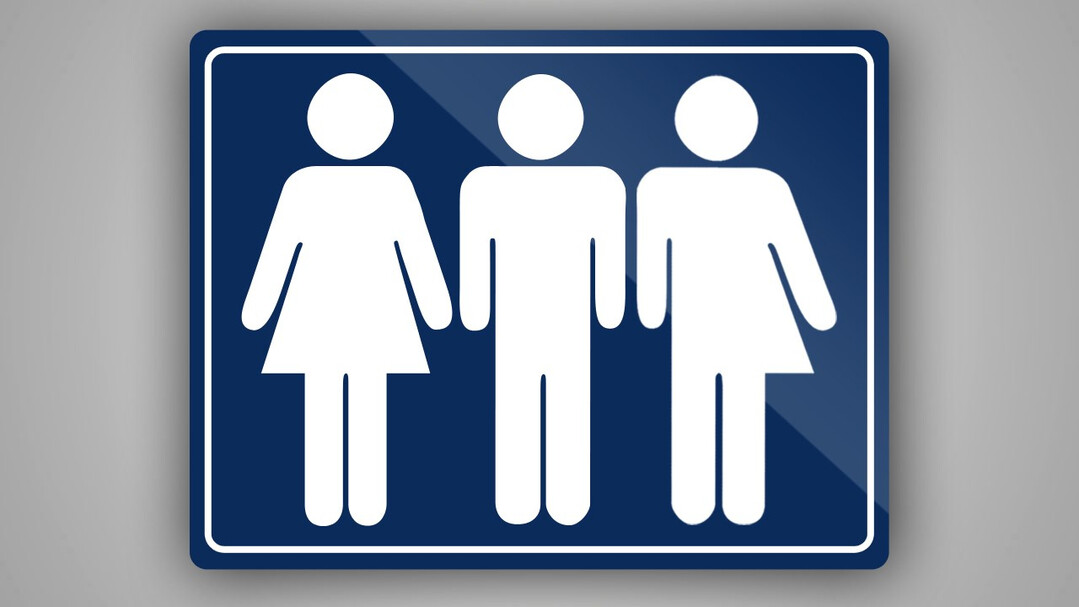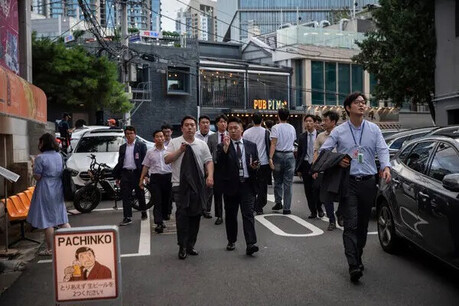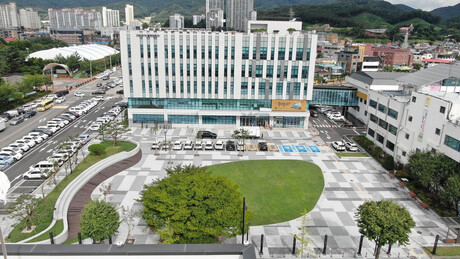
London, United Kingdom - A recent landmark decision by the United Kingdom's Supreme Court has intensified the ongoing debate surrounding transgender rights, ruling that the definition of "woman" must be based on biological sex. The judgment clarifies that under the Equality Act 2010, transgender women cannot be legally recognized as women in contexts where sex-based distinctions are necessary. This ruling applies even to transgender women who have undergone gender reassignment surgery or possess a Gender Recognition Certificate (GRC), a legal document affirming their gender identity.
While the court framed its decision around the need to safeguard women's rights and ensure the safety of single-sex spaces, the judgment has inadvertently raised critical new questions concerning the rights of transgender men. Statistics indicate that there are approximately 48,000 transgender men in England and Wales, a figure comparable to the number of transgender women. However, transgender men have historically received less attention in public discourse surrounding transgender issues and have been largely marginalized in related research and media coverage.
The crux of the Supreme Court's reasoning lies in its interpretation of the terms "man," "woman," and "sex" within the Equality Act, asserting that these terms inherently refer to biological sex. The court argued that adopting alternative definitions could lead to confusion and inconsistency in the application of the law. Consequently, this interpretation extends to transgender men, meaning that individuals born biologically female will continue to be legally classified as female.
A significant point of contention arises from the potential exclusion of transgender men from male-only spaces and, paradoxically, in certain circumstances, from female-only spaces. The Supreme Court stated that in the context of women-only services, such as counseling for sexual assault victims, it could be proportionate to restrict access for transgender men if service users raise "reasonable objections" due to their male appearance. This creates a contradictory scenario where transgender men are largely treated as female legally but could be barred from female spaces based on their physical presentation – a stance critics deem inconsistent and impractical.
Furthermore, while the Supreme Court emphasized that a GRC does not necessitate physiological or physical changes, the process of obtaining one typically involves a diagnosis of gender dysphoria, often accompanied by physical and medical transitions. Notably, transgender men undergoing testosterone therapy often develop pronounced masculine features, including facial hair, increased muscle mass, and voice changes, potentially making them indistinguishable from cisgender men. A 2022 report by the transgender advocacy group TransActual revealed that approximately 90% of their transgender male respondents had undergone or desired hormonal treatment or surgery, suggesting that a significant majority of transgender men in England and Wales are likely to be perceived as male.
Applying the Supreme Court's ruling in real-world public spaces could therefore lead to considerable confusion. Without clear additional guidance, transgender men may be barred from male-only facilities such as restrooms, changing rooms, and hospital wards, and compelled to use female-only spaces based on their biological sex.
The court cited the example of recruiting a warden for a female-only boarding school, arguing that the biological sex definition rectifies a perceived anomaly. Previously, a transgender woman with a GRC could apply for such a position, while a transgender man could not. However, the new ruling raises concerns that a transgender man who physically presents as a cisgender man could potentially be appointed as a warden in a female-only dormitory.
Critics also point out that forcing transgender men and women to use facilities that do not align with their gender identity could increase their vulnerability to discrimination and harassment. In a climate where transgender hate crimes are reportedly on the rise, this ruling is feared to create a more precarious environment for gender minorities.
In conclusion, while the UK Supreme Court's judgment provides a seemingly clear criterion based on biological sex, it has simultaneously highlighted the complex issue of transgender men's rights, potentially complicating legal application and fueling social debate. Further guidance from the courts and concerted efforts towards social consensus are likely necessary to navigate the implications of this ruling.
[Copyright (c) Global Economic Times. All Rights Reserved.]





























